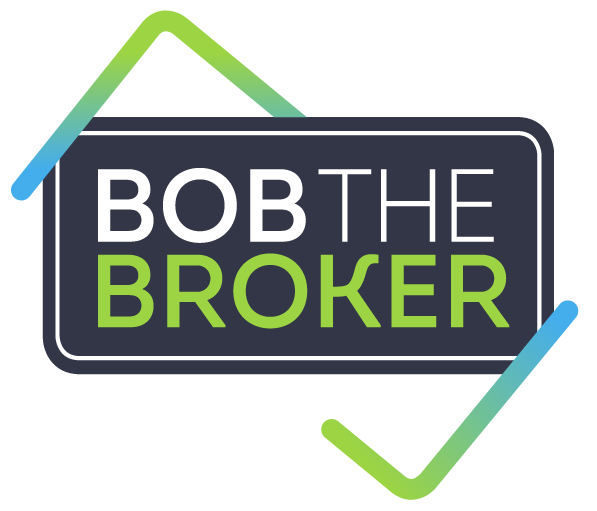Reasons to Refinance: #3 To Consolidate Debt
Another top reason for refinancing is to consolidate debt.
Consolidating debt is the process of streamlining your finances so that you are paying off a group of items together and managing your repayments more easily, knowing the overall cost of your borrowing.
It does not eliminate the debt, it merely brings it under better control so you can make a real go of paying it off sooner.
So where you might have a few different types of debt you are paying off (think home loan, car loan, credit card or personal loan), it can be worth the effort to investigate rolling those debts up into one tidy bundle. Using your mortgage to bring your debts together gives you the advantages of a lower overall interest rate and reduced headache associated with managing multiple minimum payment deadlines on debts with a variety of interest rates.
By bundling your debts into your home loan, you could save yourself time and money by getting your finances under control. You pay the total off over a longer period, minimise fees or charges for missed or incorrect payments, and you could even consider paying them off sooner by accessing a lower interest rate on your debts overall.
While I recommend minimising your debt wherever possible, I also recommend you consolidate debt as a good first step to bring your debt under control.
A word of warning: When you refinance to consolidate debt you will require a lot of self-discipline to avoid adding more debt to the balance sheet.
So, get rid of your credit cards if you can, or at least reduce your available credit to one card with a small limit for emergencies.
If you keep paying off the same amount you were paying out before the consolidation, then you should find yourself paying off the debt faster than when the payments were separate.
However, there are some things you need to be aware of when you consolidate debt, as noted by the Mortgage & Finance Association of Australia (MFAA):
1. Debt consolidation is not debt elimination
Since debt consolidation clears the debt from your credit cards, the temptation is to think that you’ve paid off the debt. But you haven’t. You’ve merely transferred the debt to your mortgage. So, once you’ve consolidated your debts, consider snipping your credit cards in two. Otherwise, you could get trapped in a debt spiral.
2. Remember the 80% LVR threshold
When you took out your mortgage, you might have been under the 80% loan to value ratio, which meant that you didn’t have to pay lenders mortgage insurance. Be careful when you consolidate your debts that you don’t reduce the equity in your home and have to pay lenders mortgage insurance.
3. Personal loans aren’t tax deductible
Interest charges on an investment loan are tax-deductible but interest on a home loan isn’t. When you consolidate your debts, you need to be mindful of how much interest you can claim as a tax deduction. Seek advice from a tax agent before making a decision in this area.
If you'd like help with assessing your personal and financial situation, as well as comparing the loans in the market to see if you're truly getting the right deal for you, then call Bob Malpass now on 0431 862 136, email [email protected]
Thanks for reading
Bob
Disclaimer
The advice provided on this website is general advice only. It has been prepared without taking into account your objectives, financial situation or needs. Before acting on this advice you should consider the appropriateness of the advice, having regard to your own objectives, financial situation and needs. If any products are detailed on this website, you should obtain a Product Disclosure Statement relating to the products and consider its contents before making any decisions. Where quoted, past performance is not indicative of future performance.
Malpass Finance Pty Ltd disclaim all and any guarantees, undertakings and warranties, expressed or implied, and shall not be liable for any loss or damage whatsoever (including human or computer error, negligent or otherwise, or incidental or consequential loss or damage) arising out of or in connection with any use or reliance on the information or advice on this site. The user must accept sole responsibility associated with the use of the material on this site, irrespective of the purpose for which such use or results are applied. The information on this website is no substitute for qualified financial advice.

